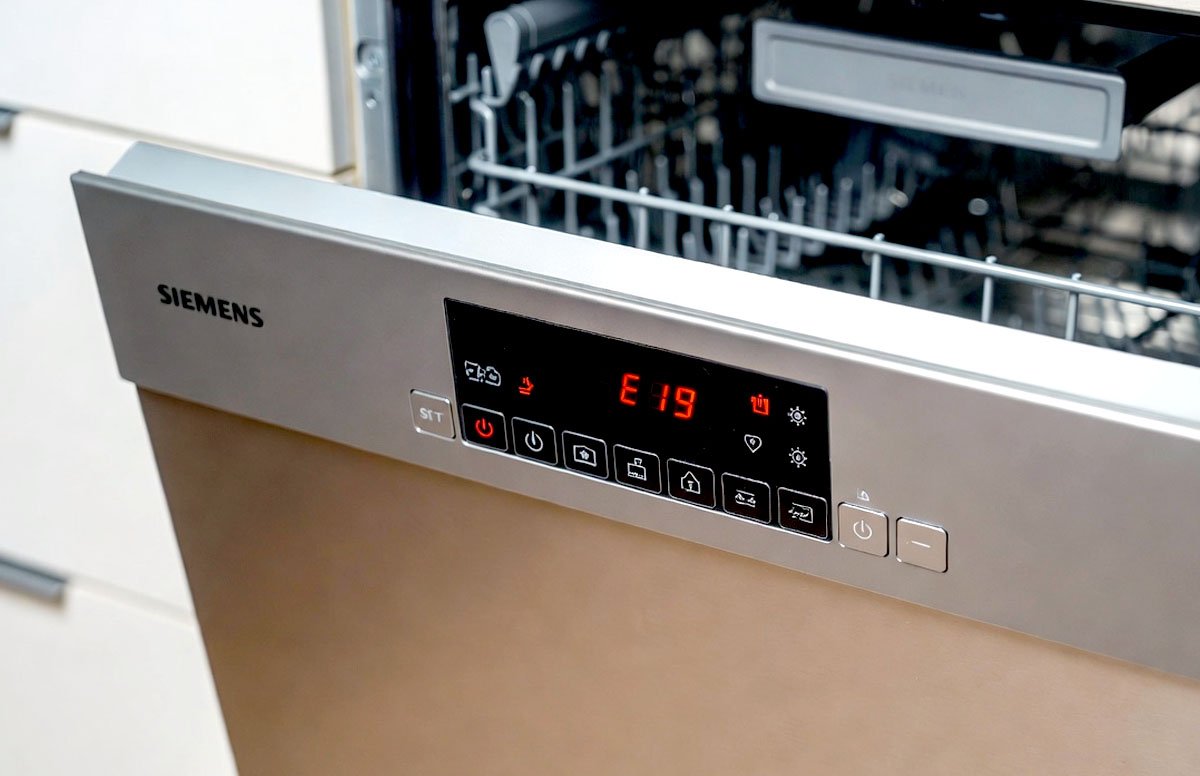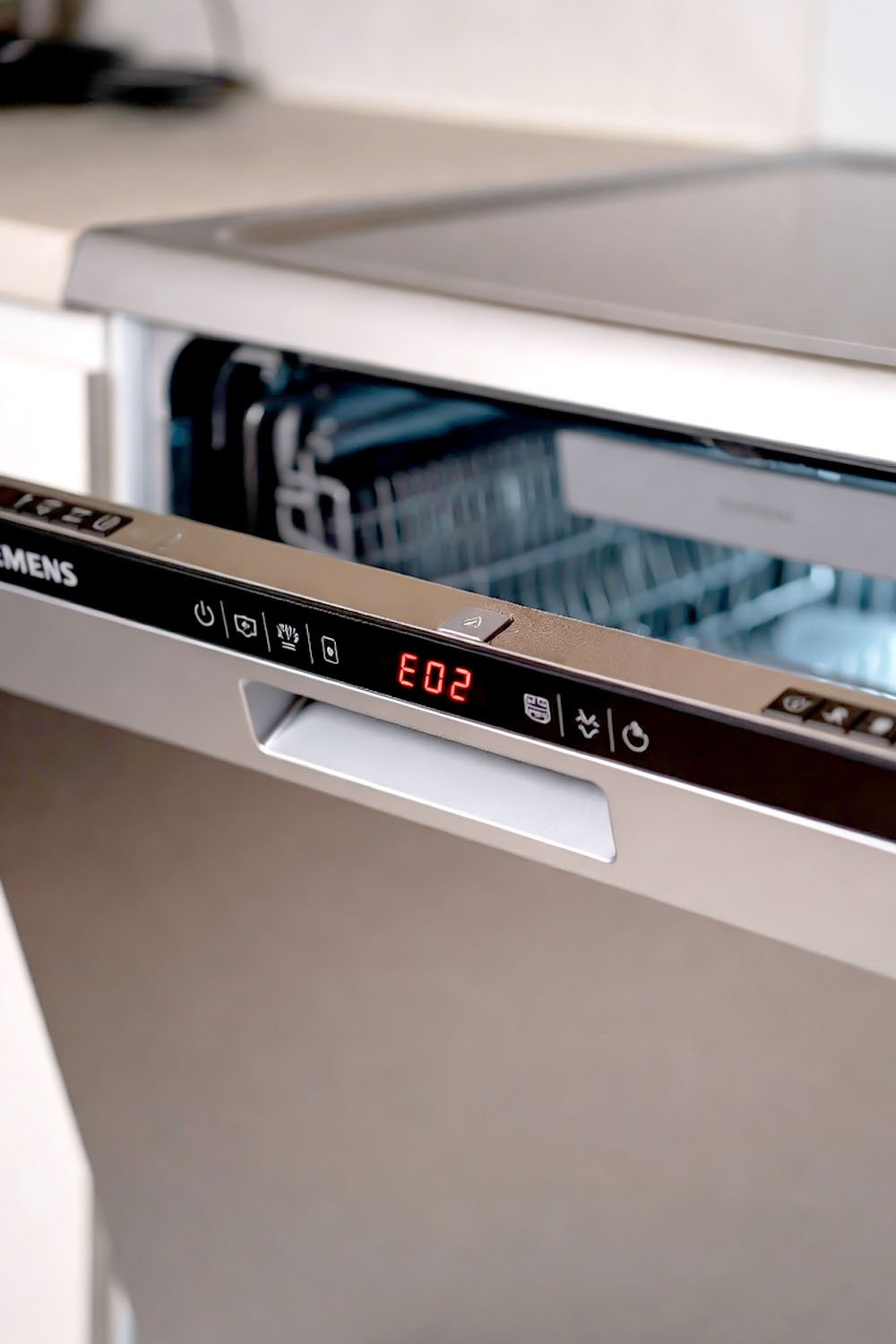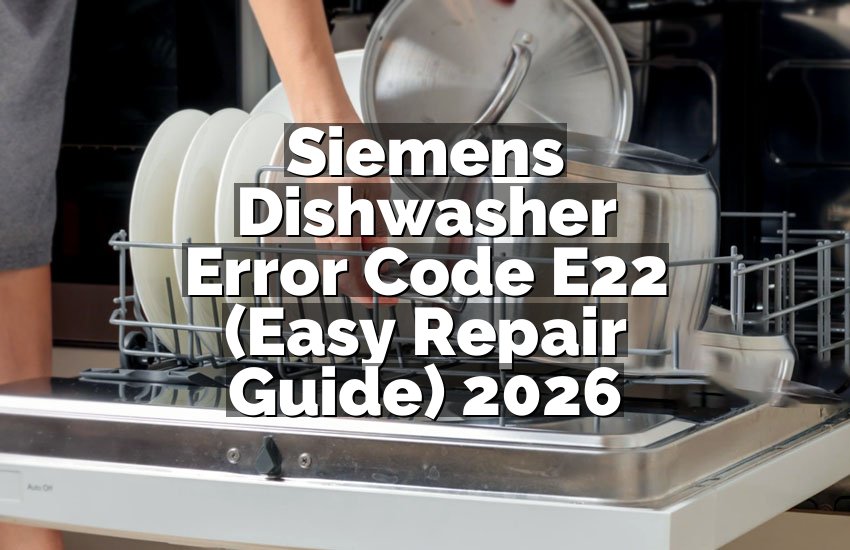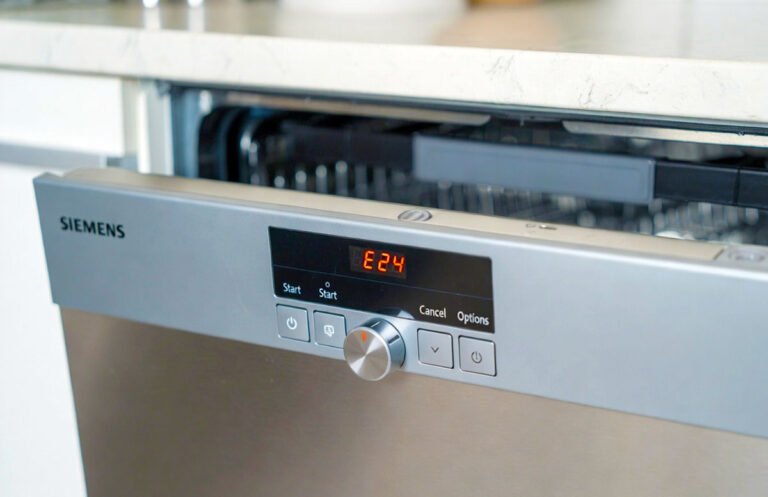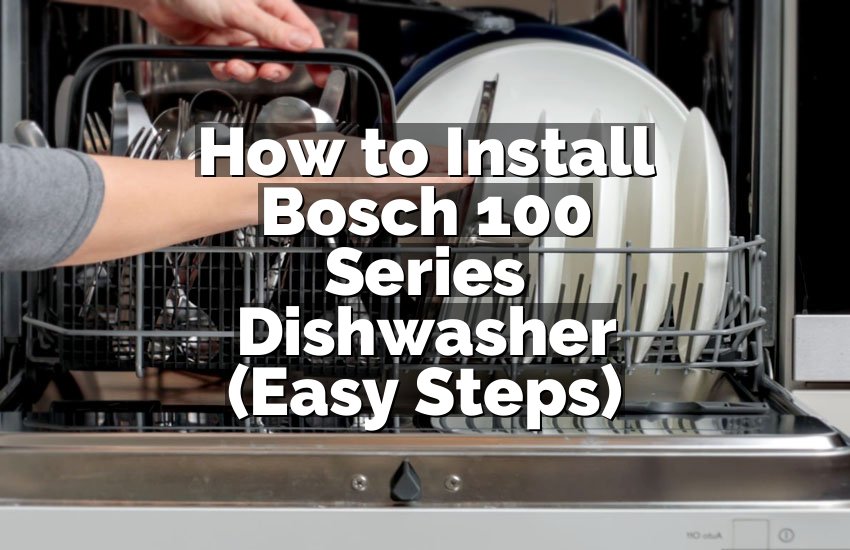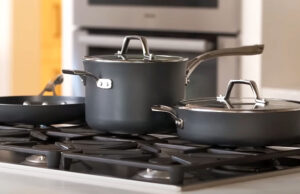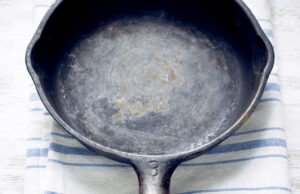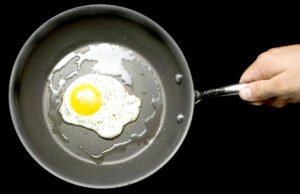As an Amazon Associate, I earn from qualifying purchases at no extra cost to you.
What Does dBA Mean on a Dishwasher? Clear Answer Inside!
You might have seen ‘dBA’ written on your dishwasher but didn’t know what it means. You’re not alone. Many people wonder what this number tells us. The truth is, dBA is all about the sound level. It tells you how loud or quiet your dishwasher is when it runs.
In this article, you will learn everything in a simple way. If you’re buying a dishwasher or just trying to understand yours better, this guide will help you know what dBA really means and how it can help you.
Understanding What dBA Really Means
dBA is a way to measure sound. It stands for decibels with A-weighting. That might sound confusing, but here is the simple truth. Every sound has a loudness, and we measure that loudness in decibels. But human ears don’t hear all sounds the same way. Some sounds feel louder to us than others, even if they have the same decibel number. So, the A-weighting is used to match how people actually hear sounds. That is why we say dBA instead of just dB.
Now think about how a dishwasher works. It sprays water, spins, drains, and sometimes dries the dishes using a fan. All of these parts make noise. When you read something like ’44 dBA’ on a dishwasher box or manual, that number tells you how loud the machine is when it’s working. A smaller number means it is quieter. A bigger number means it is louder.
Let’s say your current dishwasher runs at 60 dBA. That is about as loud as a normal conversation at your dinner table. But if you buy one with 44 dBA, it will be much quieter—more like soft rain outside. You might not even notice it’s on.
People often make the mistake of thinking a few dBA less won’t make much difference. But here is a secret: sound doesn’t work that way. Every drop of 10 dBA is like cutting the sound in half. So, 50 dBA is half as loud as 60 dBA. And 40 dBA is even quieter. That’s why choosing the right dBA level matters a lot.
Quiet dishwashers are perfect if you have an open kitchen, or if your living room and kitchen are in the same space. You don’t want to hear water splashing while you’re watching your favorite show. So, always look at the dBA when buying a dishwasher.
- dBA means how loud or quiet a dishwasher sounds
- It stands for decibels with A-weighting, matching human hearing
- Lower dBA numbers mean quieter dishwashers
- A 10 dBA drop sounds about half as loud
- Choose lower dBA for quiet homes or open kitchens
Why a Quiet Dishwasher Matters
Imagine trying to enjoy a peaceful dinner or watching TV, but your dishwasher is so loud you can’t hear anything else. That can be really annoying. A quiet dishwasher makes your home feel calm and peaceful. That’s one of the biggest reasons why more people now look for low dBA dishwashers.
Back in the old days, dishwashers used to be noisy. They would clunk, splash, and hum the whole time they were on. Some people even ran them only at night when no one was using the kitchen. But things are different now. Today, many dishwashers are made to be much quieter, thanks to better technology.
When you use a quiet dishwasher, your daily life gets easier. You can talk on the phone, listen to music, or enjoy family time without hearing that loud machine in the background. If you have a baby or someone who naps during the day, a quiet dishwasher can help them sleep better too.
Noise can also make you feel stressed. Studies have shown that loud background noise can make people feel tired or irritated. So, by getting a quieter dishwasher, you’re also taking care of your peace of mind.
Another reason to care about noise level is the layout of your home. Many new homes have open layouts. That means the kitchen is connected to the living room or dining room. If your dishwasher is loud, the noise spreads to those areas too. That’s why a low dBA number becomes very important in these types of homes.
Let’s look at some examples. A dishwasher with 60 dBA is like people talking or loud music. One with 50 dBA is like light rain. One with 40 dBA is even quieter, like a whisper or a quiet library. Some of the best dishwashers are around 38 to 44 dBA. That’s almost silent!
- Quiet dishwashers help create a peaceful home
- Older dishwashers were much louder
- A quiet machine reduces stress and makes family time better
- Open homes need lower dBA dishwashers to stay quiet
- Anything under 44 dBA is usually very quiet
How to Choose the Right dBA Level
When you shop for a dishwasher, the dBA number should be one of the first things you look at. But how do you know which number is right for your home? That’s what we’re going to explain now.
If you live in a small apartment or have an open kitchen, you should choose a dishwasher with a very low dBA. Try to find one that is 44 dBA or less. These are the quietest models and are best for small spaces. You can run them any time without worrying about noise.
If you live in a bigger home where the kitchen is far from the living area, you might be okay with a slightly louder model, like one between 45 and 50 dBA. It will still be quiet enough, but maybe not totally silent.
Here’s another tip. Always compare the dBA levels between different models. One model may be cheaper but has a higher dBA. Another might be a bit more expensive but much quieter. Think about your needs and your home before making a choice.
Also, think about when you run your dishwasher. If you often run it at night, a quieter model is better. No one wants a loud dishwasher while trying to sleep. If you usually run it during the day, you might not need the very quietest model.
Brands also matter. Some brands are known for making quieter machines. Look at reviews. Many people share how quiet their dishwasher is in real life. That can help you decide.
And finally, don’t forget to look for ENERGY STAR models. These not only save power and water but are often quieter too.
- Small spaces need quieter dishwashers (under 44 dBA)
- Bigger homes can handle 45–50 dBA
- Compare models for dBA and price
- Quieter dishwashers are better for night use
- Check reviews and look for ENERGY STAR models
What Makes Some Dishwashers Quieter
You might wonder why some dishwashers are quieter than others. What makes the difference? It’s not just the price. It’s also the way they are built. Let’s look at what makes a dishwasher quiet.
First, the insulation. Quiet dishwashers have thick insulation around the sides and bottom. This padding blocks the sound from escaping. Cheaper or older dishwashers have thin or no padding, so they make more noise.
Second, the motor. Quieter dishwashers have better motors. They are made to run smoother and softer. Newer motors don’t need to work as hard, so they don’t make as much noise.
Third, the design inside. Dishwashers that are built with smart design use water more gently. That means less splashing and banging around. Some even use sound-proof tubs made of stainless steel instead of plastic, which helps reduce sound too.
Fourth, the way the water pumps and drains. In quieter dishwashers, the pump is softer and more advanced. The water sprays in a more gentle way and drains without making loud gurgling sounds.
Fifth, better drying fans. Some loud dishwashers use strong, noisy fans to dry the dishes. Quiet ones use lower-speed fans or even use special methods like condensation drying, which don’t make as much sound.
When you put all these parts together, the result is a dishwasher that runs quietly. Even when it is working hard, it won’t bother you or your family.
- Quiet dishwashers have thick insulation
- Better motors make less noise
- Stainless steel tubs help lower sound
- Soft water spray and drain pumps reduce noise
- Gentle drying systems help keep dishwashers quiet
Comparing dBA Ratings Between Brands
Different dishwasher brands show different dBA ratings. Some brands make extra quiet models, while others focus more on price or size. Knowing how brands compare helps you make a better choice.
For example, Bosch is known for making very quiet dishwashers. Many of their models are between 38 to 44 dBA. These are some of the quietest you can find. People love them because they run so softly, you don’t even notice when they’re on.
Another brand, KitchenAid, also makes quiet models. Their dishwashers often fall in the 39 to 46 dBA range. They are a little louder than Bosch, but still very quiet and powerful.
LG and Samsung also offer dishwashers with low dBA. Their high-end models are around 42 to 48 dBA. These brands often add smart features too, like Wi-Fi control and self-cleaning systems.
Whirlpool and GE have models with higher dBA, often between 47 to 55 dBA. These are still quiet compared to old machines, but you may notice some sound if you’re in the same room.
Miele is another high-end brand. They are very quiet, often at 38 to 44 dBA, and they last for many years. However, they can be more expensive.
When comparing, always look at what you’re getting. A cheaper model might be louder, but still work fine. A quieter one might cost more, but be better for your home life. Think about what matters more to you—price or peace.
- Bosch: 38–44 dBA, very quiet
- KitchenAid: 39–46 dBA, good balance
- LG & Samsung: 42–48 dBA, smart features
- Whirlpool & GE: 47–55 dBA, louder but cheaper
- Miele: 38–44 dBA, very quiet but expensive
Things to Know Before Buying a Low dBA Dishwasher
Before you buy a quiet dishwasher, there are some things you should think about. It’s not only about the dBA number. Many other things matter too.
First, make sure the size fits your kitchen. Quiet dishwashers are often full-size, so check if your space is big enough. If you need a small or slim model, your choices might be fewer.
Next, think about the cycles and features. Some quiet dishwashers may run slower. They take more time to clean dishes because they move gently. That’s part of being quiet. If you want fast cleaning, you might need to choose one with a little more sound.
Also, think about your budget. Lower dBA usually means a higher price. Quiet parts like thick insulation, better motors, and stainless steel cost more. But they can be worth it if you care about peace and quiet.
Don’t forget to check the filter. Many quiet dishwashers use filters instead of food choppers. That’s one way they stay quiet. But it means you might need to clean the filter every week.
And finally, read reviews and see what other people say. Some machines are rated quiet but still make odd sounds. Real people will share their true experience. That helps you pick the best one.
- Check if the size fits your kitchen
- Quiet dishwashers may take longer to wash
- Lower dBA usually means higher cost
- Some models need regular filter cleaning
- Always read user reviews before buying
Final Thoughts
Buying a dishwasher with the right dBA level can change how your kitchen feels every day. A quieter machine means you can relax, talk, and enjoy your time at home without loud background noise. You now understand that dBA tells you how loud the dishwasher is. Lower numbers mean a quieter machine. Think about your home, your budget, and your peace. All of these matter when picking a dishwasher. A little research now can bring you comfort for years. Choose wisely, and your kitchen will be a better place.
Frequently Asked Questions (FAQs)
Is it okay to buy a dishwasher with 50 dBA?
Yes, it is okay if you are not too sensitive to sound. A 50 dBA dishwasher is not very loud, but you will still hear it when it runs. If your kitchen is far from where you relax, it may not bother you. But if you have an open kitchen or live in a small place, you may want a quieter model. Some people use 50 dBA dishwashers every day and have no problem. It depends on your needs and the layout of your home.
Can a low dBA dishwasher clean dishes better?
Not always. The dBA number only tells how quiet the dishwasher is, not how well it cleans. Many quiet dishwashers do clean very well, but you should also check the cleaning power, spray arms, and wash cycles. A high-end quiet dishwasher often has both power and silence. But a cheap one with low dBA may skip some features. Always read reviews or ask for cleaning tests before you decide. That way, you get both clean dishes and quiet running.
Do I need a quiet dishwasher if I run it at night?
Yes, a quiet dishwasher can help you sleep better if you run it at night. Loud dishwashers can make noise through walls, especially in small homes or apartments. If your bedroom is close to the kitchen, a low dBA model can be a big help. You won’t wake up from the sound of water spraying or draining. Look for one with 44 dBA or lower to keep your nights peaceful. Many people choose quiet models just for this reason.
Is it hard to install a quiet dishwasher?
No, installing a quiet dishwasher is not harder than a regular one. The process is the same—connect the water line, power, and drain. Some quiet dishwashers are heavier because of the extra insulation, but that does not make installation difficult. If you follow the steps or hire a pro, it will be easy. Just make sure the area is dry and safe, and use the manual that comes with it. Most quiet dishwashers come with helpful guides for setup.
Can I tell how quiet a dishwasher is in the store?
Not really. Most stores do not let you run the dishwasher to hear it. They only show you the dBA number on the label. That is why it’s important to read reviews or watch online videos. People who already use the machine can tell you what it sounds like. Some websites even rate how the sound feels in real homes. If quiet is very important to you, try to test it in person at a friend’s house or find good reviews online.
Do I have to clean a quiet dishwasher more often?
Sometimes. Many quiet dishwashers use filters instead of food grinders to keep the noise low. These filters can get dirty over time. You may need to clean them once a week or at least once a month, depending on use. If you don’t clean the filter, the machine might smell or not clean well. It’s a small job and does not take long. Just rinse the filter under water and put it back. Doing this helps the dishwasher stay quiet and clean.
Is it true that quiet dishwashers cost more?
Yes, that is often true. Quiet dishwashers use better parts like sound insulation, quiet motors, and stainless-steel tubs. These parts cost more to make. That’s why low dBA models usually have higher prices. But they also last longer and make your home more peaceful. You don’t have to spend the most money to get quiet. Some brands offer good quiet models at a middle price. Compare well and look for sales or discounts if price is a concern.
Can I make my current dishwasher quieter?
Yes, you can try. While it may not become as quiet as a new model, you can lower the noise a bit. Try adding insulation around the dishwasher. You can also check if anything is loose or rattling. Sometimes, fixing a worn-out part or tightening a screw helps. Also, avoid overloading the dishwasher, as dishes banging together can make extra noise. Cleaning the filter and checking the spray arms for blockage can also help. These small steps can make a difference.

